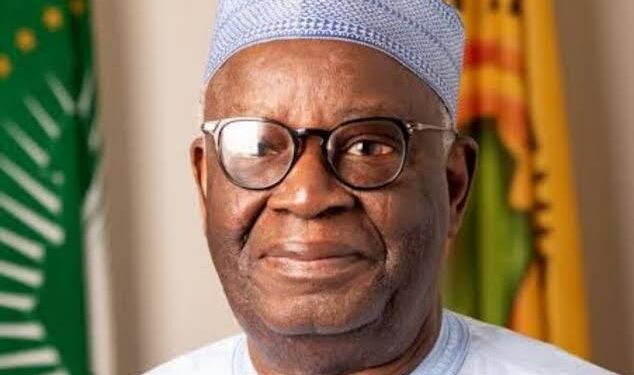Former Chief of Staff to the late President Muhammadu Buhari, Ibrahim Gambari, has confirmed that his principal operated with a small inner circle, commonly referred to as a cabal, during his time in office.
Gambari made the disclosure in an interview excerpt with Laolu Akande, a former spokesperson to ex-Vice President Yemi Osinbajo, ahead of the full programme scheduled to air on Friday.
According to the former chief of staff, the presence of a trusted group advising the president was not unusual and did not begin with Buhari. He explained that presidents around the world often surround themselves with a close-knit team they trust, individuals who, though not always publicly visible or officially appointed, wield significant influence over decision-making.
“I would address it honestly, and I want to and on record. They say there’s a cabal or was a cabal, there was, but every government has a cabal. It is what they call them,” Gambari stated.
He drew parallels with previous administrations, noting that such groups exist under different names depending on the government in power. “Some call it ‘kitchen cabinet’, some may call it ‘think tank’. Obasanjo had a group of people, including the Aboyades of this world and others, as well as a small group of individuals,” he said.
Gambari emphasized that the existence of such advisory groups is inherent to the nature of the presidential office. “It is the nature of the office of president that they must have some people in and out of government that they can lay their hair down, talk to freely,” he explained.
The former chief of staff acknowledged that influence levels vary among members of such groups, but maintained that the concept is universal across governments. “So, some have more powers than others, but every government, I make it bold say, has a cabal of one kind of or whatever name it is called,” he added.
Gambari’s candid admission provides insight into the power dynamics within the Buhari administration, which was frequently criticized for being controlled by a small group of influential advisers who operated behind the scenes.
The revelation comes at a time when discussions about governance structures and decision-making processes in Nigerian politics remain prominent, particularly regarding the concentration of power around the presidency and the role of unofficial advisers in shaping policy directions.

















